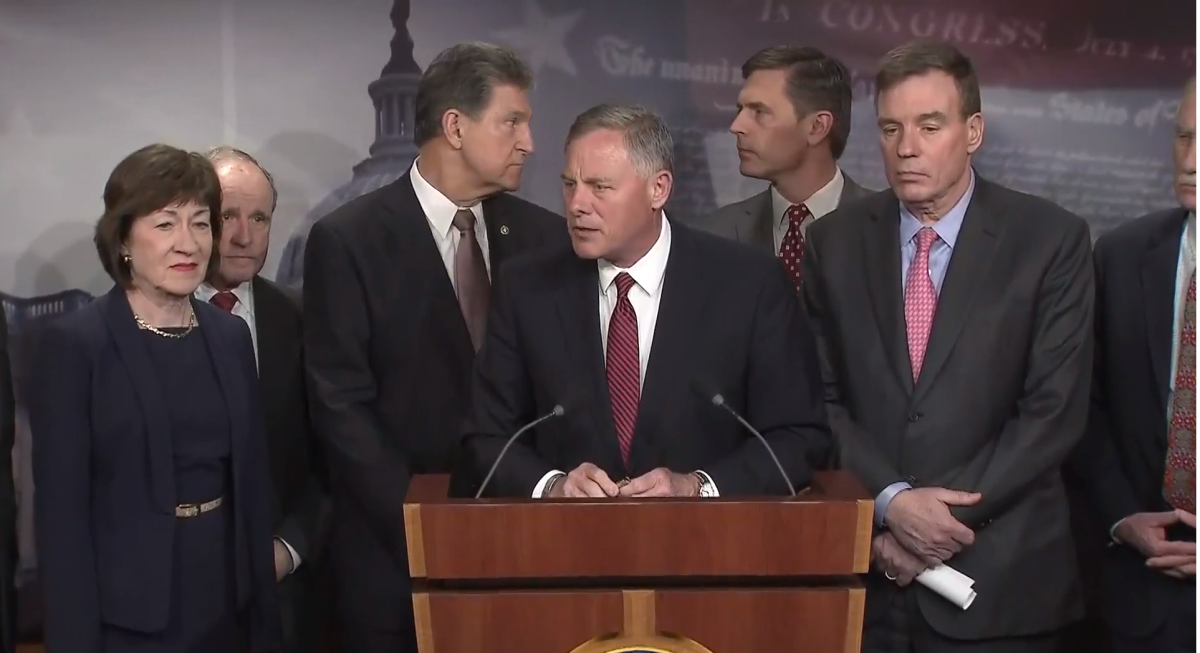Senate Intelligence Committee pushes for improvements to election cybersecurity

The Senate Intelligence Committee on Tuesday published recommendations to improve election infrastructure cybersecurity as the 2018 election season is set to kick into high gear.
The effort comes after numerous reports that Russian-linked entities tried to penetrate election systems in the weeks before the 2016 election.
“It is clear the Russian government was looking for vulnerabilities in our election systems, ” Sen. Richard Burr, R-N.C., said. “There is no evidence any vote was changed.”
The committee urged its peers to “urgently pass legislation” increasing assistance to states to hire technology staff, update software, contract cybersecurity vendors and conduct security audits.
“There were 40 states that were operating with election equipment that was a decade old,” said Sen. Mark Warner, D-Va. “Much of that equipment had outdated software you weren’t able to upgrade even if you chose to.”
The Senate Intelligence Committee’s number one recommendation is to ensure that states, not the federal government, continue to lead on running election systems. The bipartisan group also pushed states to take advantage of offers of help from the Department of Homeland Security, including the organization’s network monitoring capabilities.
Warner and the rest of the committee criticized DHS for failing to quickly communicate with top state officials about voter databases being targeted.
Virtually every intelligence and cybersecurity authority in the United States expects continued interference against U.S. elections in 2018 and 2020 barring fundamental changes.
“The Russians were relentless in attempting to meddle in the 2016 elections and they will continue their efforts to undermine public confidence in western democracies and the legitimacy of our elections,” Sen. Susan Collins, R-Maine, said on Tuesday.
In May 2017, then-FBI director James Comey told the House Intelligence Committee that the Russians will “be back.”
The report suggests that basic but important security measures like two-factor authentication have not been implemented for those logging into voter databases. The Senators suggested changing that fact should be a high priority.
The committee also pushed states to buy new and secure voting systems with paper trails and no Wi-Fi capabilities. That’s easier said than done, however, because election systems vendors are notoriously opaque and uncooperative, according to recent reporting.
“We are already in an election year,” Sen. Collins said. “The need to act now is urgent.”
You can read the full committee report below:
https://www.documentcloud.org/documents/4416035-One-Pager-Recs-FINAL-VERSION-3-20.html






